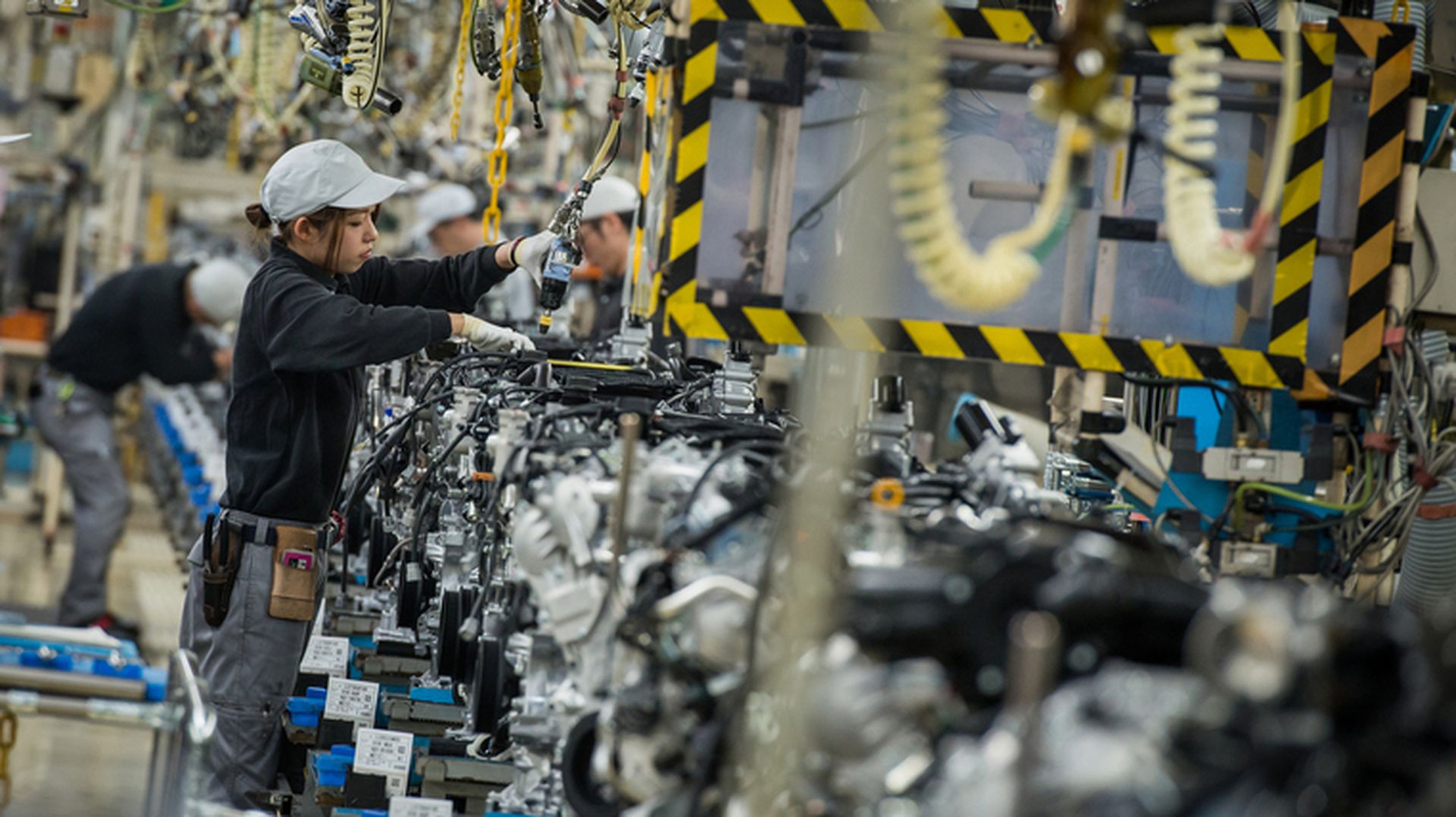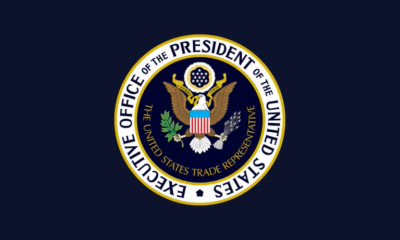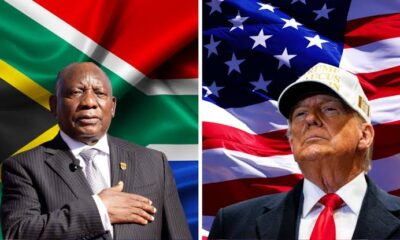Business
“This Could Wreck Us”: South Africa’s Car Industry Faces Crisis as US Tariffs Loom

Thousands of jobs, billions in trade, and decades of progress now hang in the balance.
South Africa’s once-thriving automotive export industry is now bracing for impact and the blow could be devastating.
A proposed 30% tariff by former US President Donald Trump, set to take effect any day now, has sent shockwaves through local manufacturing towns. The industry, which employs tens of thousands and pumped nearly R29 billion in automotive exports to the United States just last year, is now staring down a potentially existential threat.
And if the warnings from economic analysts, industry bodies, and local leaders are anything to go by, the country could be on the verge of a major trade crisis.
A Sector That Drives the Economy
To understand the scale of what’s at stake, let’s start with the numbers.
In 2024, South Africa exported R28.7 billion worth of vehicles and components to the United States, with automotive components alone making up R4.4 billion of that total. The US is South Africa’s third-largest export destination for cars, behind only Germany and Belgium. In fact, over 10% of the country’s total auto exports went to America.
It’s not just about trade balances or GDP stats. It’s about real jobs, real communities, and real people, many of whom live in regions like East London, where German automakers like Mercedes-Benz have long been local anchors.
From Global Supplier to Global Casualty?
Renai Moothilal, head of the National Association of Automotive Component and Allied Manufacturers (Naacam), said it plainly: this tariff could change everything.
“We are deeply concerned,” he said Monday. “The impact will be felt across the entire value chain.”
Previously, only around a third of South Africa’s component exports to the US were affected under existing Section 232 tariffs. Now, 100% of those exports could be hit by this new blanket tariff, a massive 30% increase that comes on top of the 25% already in place.
The consequence? A surge in landed costs for South African vehicles and parts, making them far less attractive to US buyers when compared to countries like Mexico or Canada, which enjoy preferential access through the USMCA trade agreement.
In plain terms: South African cars are about to become too expensive to compete.
“We’re Already Seeing the Fallout”
Some of the damage has already begun.
Mercedes-Benz has suspended production of its C-Class in South Africa, a move experts like Professor Waldo Krugell from North-West University say is directly tied to the growing uncertainty around exports to the US.
That disruption has a knock-on effect. Local suppliers, many of whom make bespoke parts tailored for specific global supply chains, suddenly find themselves with no one to sell to. Unlike larger OEMs, these businesses can’t just pivot to a new market overnight.
“The production losses and job losses will be concentrated,” Krugell warned. “Places like East London will be hit the hardest.”
The Human Cost: Up to 30,000 Jobs on the Line
The Department of Trade, Industry and Competition has estimated that up to 30,000 jobs could be lost if the tariffs go through, particularly in the car and components sectors.
Khulekani Mathe, CEO of Business Unity South Africa (BUSA), confirmed the stakes: “This exposure is monumental. The new tariffs could push total duties to 55%. That level of cost makes our exports uncompetitive, plain and simple.”
That kind of disruption has ripple effects. Economist Dr Eliphas Ndou from UNISA pointed out that this also means lower personal income tax contributions, reduced GDP impact, and widespread strain across supplier networks.
Local Reaction: Worry, Frustration, and Calls for Help
On the ground, social media has been buzzing with anxiety and anger. Exporters are calling for urgent government intervention. Industry workers are bracing for job cuts. Community leaders in the Eastern Cape are sounding the alarm about the social cost of such a hit.
“This isn’t just about trade,” one local union rep posted on X. “It’s about families, schools, and small businesses that rely on the factories to stay afloat.”
What’s Next? Government Scrambles for Solutions
South African officials say they’re in talks with their US counterparts, but the outcome remains uncertain.
Renai Moothilal and others are calling for policy cushioning, such as support packages for affected businesses, new export incentives, and fast-tracked trade diversification efforts. The hope is that alternative markets in Asia, the Middle East, and within Africa can pick up the slack, but that will take time, and time is not something the industry has in abundance.
A Fragile Future
If South Africa can’t resolve the tariff standoff or redirect its automotive exports quickly, it risks not just a temporary disruption, but a permanent restructuring of its role in the global auto industry.
This isn’t just a story about cars or tariffs. It’s about how one external policy decision in Washington could undo years of progress and industrial growth in a country halfway across the world.
As the dust settles, one thing is clear: the road ahead for South Africa’s car industry just got a lot bumpier.
{Source: IOL}
Follow Joburg ETC on Facebook, Twitter , TikTok and Instagram
For more News in Johannesburg, visit joburgetc.com



























